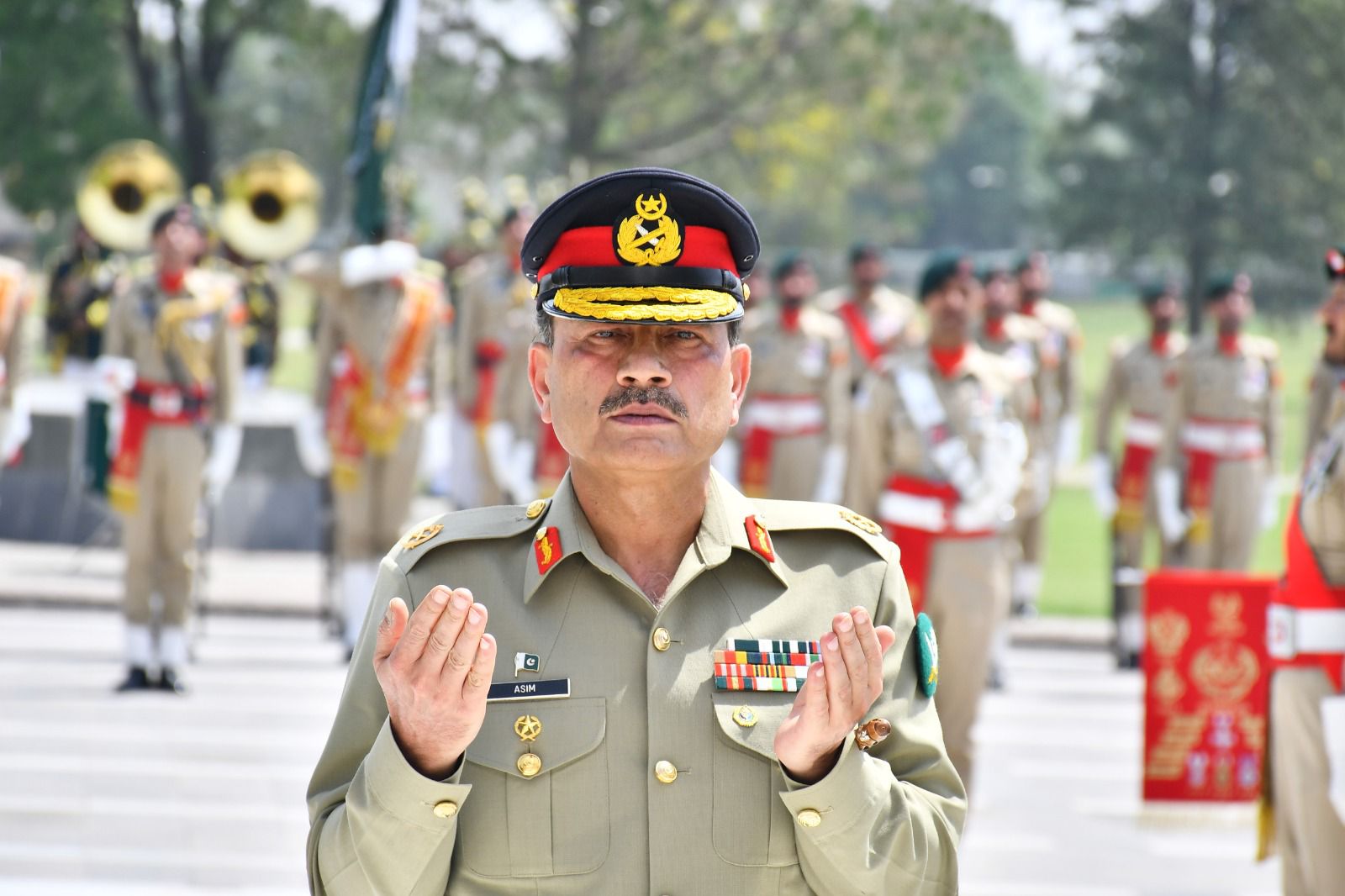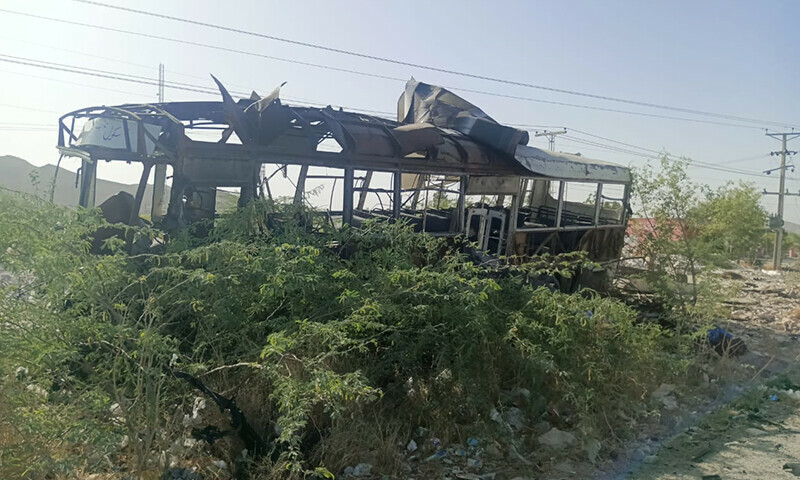PTBP Web Desk
The Supreme Court of Pakistan, through a seven-member constitutional bench led by Justice Aminuddin Khan, has sought clarification on the contentious issue of transferring civilian cases to military courts under the newly amended Army Act. This inquiry was part of the proceedings held on Monday concerning Intra-Court Appeals (ICAs) that challenge the constitutionality of such trials.
The session began with Justice Aminuddin Khan directing Khawaja Haris, counsel for the Ministry of Defence, to wrap up his arguments by Tuesday and provide a clear rationale for the cases that were shifted to military courts. The bench’s primary concern was the quality and presentation of evidence in these military trials, especially in light of the amendments to the Army Act following the events of May 9.
Justice Hasan Azhar Rizvi articulated the court’s desire to scrutinize whether the accused in these military trials had the opportunity to defend themselves adequately, including the right to present witnesses and the overall standard of evidence. This reflects a deeper inquiry into whether these trials adhere to the legal standards expected in civilian judicial proceedings.
The discussion took a turn when Justice Jamal Khan Mandokhail highlighted that while the Army Act lists numerous offenses, these are inherently meant for military personnel. This observation was crucial as it brought into question the applicability of the Army Act provisions to civilians. Khawaja Haris responded by pointing out that civilian trials under military jurisdiction are facilitated by Section 31-D of the Army Act, which pertains to incitement against military duties.
However, Justice Mandokhail clarified that this section was specifically about encouraging soldiers to neglect their duties, not a blanket permission for civilian trials in military courts. This led to further debate on the procedural aspects, with Justice Mussarat Hilali emphasizing the need to define the jurisdiction, location, and procedures for these trials.
Justice Hilali also questioned the absence of specific punitive measures within the Army Act for acts like suspending the Constitution, to which Haris argued that such actions fall under Article 6 of the Constitution, which supersedes other laws. This conversation extended into whether judicial validation of martial law could implicate judges under the same constitutional article, referencing the case of former military dictator Pervez Musharraf.
The bench also expressed concerns over the potential violation of evidence laws in military courts. Justice Syed Hassan Azhar Rizvi questioned how the court could assess the fairness of military trials without access to the trial records. Haris clarified that the Supreme Court could indeed review cases where legal standards were not met but highlighted the complexities due to ongoing appeals and jurisdictional issues.
A significant point of discussion was the retrospective application of amendments to the Official Secrets Act, which was modified post-incident. Justice Azhar queried whether these amendments could legally apply to earlier events, to which Haris confirmed their retrospective application.
This session revealed a profound judicial effort to reconcile military law with constitutional rights, focusing not only on the legalities but also on the procedural fairness in transferring civilian trials to military courts. The court’s inquiries delve into the heart of Pakistan’s military and civilian judicial interface, aiming to ensure that justice is not only done but seen to be done in a manner consistent with Pakistan’s legal framework.




